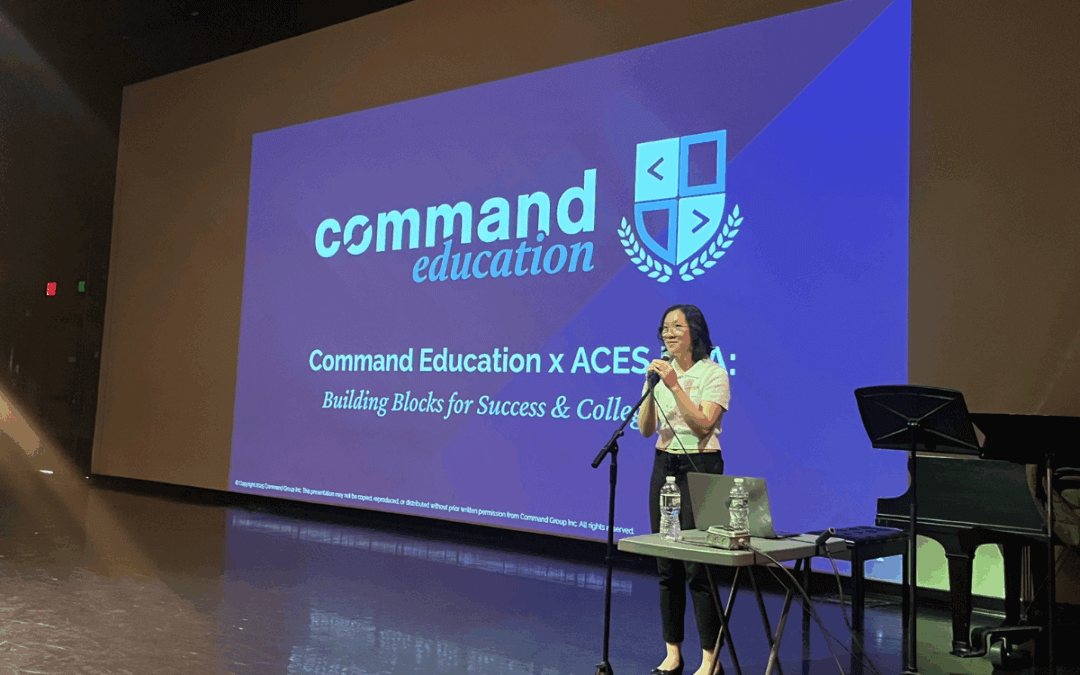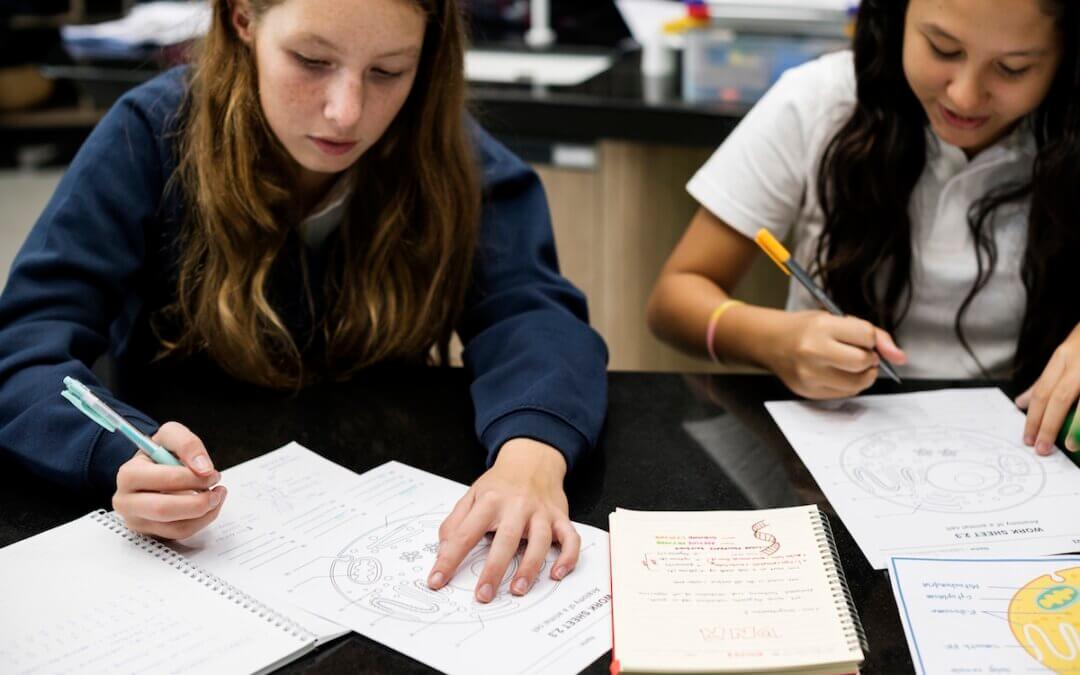Many students assume that admissions officers only value academic endeavors—that challenging coursework, studious extracurriculars, independent research, and academic summer programs are the sum total of what admissions officers want to see. These activities can demonstrate a student’s academic preparedness—an important element of admissions considerations—but they are far from being the only or most important factor for admissions officers. While academic endeavors demonstrate students’ intellectual capabilities, the things they enjoy outside of the classroom—whether related to their intended major or not—go a long way in showcasing their personality, creativity, and originality. In fact, the zany, unusual, unique, and unexpected activities that students participate in are often the most memorable and impactful in their applications.
That being said, how can a student distinguish between niche interests that are best left as enjoyable pastimes and those that could be developed for their college admissions profile? And how can students scale their hobbies into interesting extracurricular opportunities and passion projects?
Below, Senior Mentor Josh shares expert insights into how students can leverage their unique interests for college applications that admissions officers won’t forget!

What types of activities do admissions officers want to see? Do they care about my non-academic interests?
Josh: Admissions officers absolutely care about extracurriculars, and they look for all different kinds.
Obviously, conventional activities—leadership positions, volunteer work, and awards from prestigious competitions—are incredibly valuable to your application and show that you can excel in a rigorous collegiate academic environment. However, I would caution against manicuring yourself out of your own application. There will be thousands of applicants with similar GPAs and high-level courses, but there probably won’t be many who are really passionate about woodworking, for example. Admissions officers are looking not only for high-achieving students, but also for students who are creative, insightful, and capable of bringing something unique to their campus community. Displaying your non-academic interests can be a great way to distinguish yourself and make an impression on admissions officers looking for applicants with vibrant lives inside and outside of the classroom. These activities can be the distinguishing factor in getting you a spot at your top choice school.

Should all of a student’s activities be related to their future major?
Josh: Definitely not! While it’s important to develop a strong hook, an application that is 100% focused on a student’s intended major can run the risk of looking overly strategized or inauthentic. The strongest applicants put their time into a variety of interests, including and beyond their academic focus. Rather than getting bogged down in making sure that every activity you do feeds back into your major, find the things you like doing and do them! Particularly as you start developing your Activities Lists and writing personal essays, demonstrating the kind of activities you’re passionate about will create a far more memorable application than ten half-hearted activities you chose to ‘check the boxes’.
The key is a balance, but I encourage students not to discount the things that aren’t immediately relevant to their major. You might find that there’s more overlap between that activity that you do for fun and your future major than you realized. It can be very easy to discount activities where you’re building valuable skills—even soft skills, like organization, communication, teamwork, and so on—just because they don’t line up with what classes you want to take. Resist the urge! Show the admissions committee who you really are and you’ll stand out from the pack.

How can students scale a personal hobby into a passion project or leadership opportunity?
Josh: This really depends on the hobby. Someone with a passion for musical instruments might try to record their own music or even make their own instruments; someone who loves competitive card games might start a YouTube channel about going to tournaments or teach other people how to play in their community. In general, a great way to think about going from a hobby to a passion project or leadership position is asking yourself, “How can I level this up?” Taking steps to elevate your hobby in ways that highlight your dedication and creativity can transform something that doesn’t seem like something of value into a powerful indicator of your focus and creativity. If you like to write little poems in your notebook when you’re bored, maybe you try gathering and editing some of your work and submitting it to magazines or helping to give other students on your campus who enjoy poetry a place to share their work and find opportunities together. Don’t be afraid to think big—often, your imagination can be the biggest limitation for what you can turn a project into. Try to think about how to get there in small, actionable steps; even if you don’t accomplish the most ambitious goal you imagined, you’ll likely make lots of progress and achieve successes you can still point to.
Finally, when looking for specific ways to scale a hobby, it’s great to consider community impact. If you have a niche interest, there’s a chance that there are other people around you, whether at school or in your town, who share that interest—and if they don’t, you can be the one to show them that your hobby is really cool! Demonstrating that you have been facilitating community throughout your high school career tells admissions officers that you will be the kind of person to energize their campus community as a college student.

How should students showcase unique hobbies on the Common App Activities List?
Josh: Every activity that you do, academic or otherwise, indicates qualities of who you are—that’s what makes the Activities List so valuable for admissions officers. When highlighting an unconventional hobby on your application, thoughtfully consider what qualities they showcase about you. Activities you’ve been consistently participating in for years show discipline and commitment, while finding new and personally interesting ways to explore niche concepts shows creativity and intellectual vitality. Bring those qualities front-and-center when you’re writing your Activities List. You can do so by using strong, active language in the Common App’s entry fields, focusing on your motivations, impact, and progression with quantifiable results wherever possible. In general, if you’re deciding whether or not your hobby should be included on the Activities List, think about what it can say about you. Can it speak to your skills, creativity, discipline, growth, or passions? If you’ve put consistent time into the activity and it can paint a valuable picture of your qualities outside of the classroom, it’s a great addition to the list.

How have you helped students connect niche hobbies to their academic interests?
Josh: When you’re trying to bridge a hobby and an academic discipline, think about translatable skills and how they align with your specific disciplinary interests. It’s common for students who played with Legos as kids to find their way into engineering or architecture when they get older—the throughline between building with toys and learning how to build more complex machines or structures is pretty readily apparent. But sometimes the connections aren’t that obvious. For instance, I worked with a student who loved video games and didn’t think there was anything he could do with this passion—he wasn’t interested in streaming or trying to do content creation, and he wasn’t at the level of an eSports player. Talking through it, however, I found that the student really loved the stories told in video games and how they allow you to immerse yourself in a narrative. Pressing into that, we found that the student really enjoyed literary analysis, and from there, they began to explore literature courses and ultimately applied as a writing major. It’s all about finding what parts of your hobby you really enjoy and finding other ways to scratch that itch, even if it’s not immediately apparent.
It bears mentioning that not every hobby needs to turn into a project—sometimes, you just want a thing to go home and use to destress. Trying to force a pastime into something superficially ‘valuable’ can be a surefire way to burn yourself out and sour on an activity that you love. The key is finding organic connections rather than subordinating all of your free-time activities to your collegiate ambitions.

How do Command Education Senior Mentors help students turn their quirky hobbies into a dynamic part of their applications?
Josh: At Command Education, we emphasize the importance of designing passion projects that put a student’s real interests at center stage. Anything can be transformed into a profound project with enough creativity and hard work, and we help facilitate that work by providing mentorship and guidance on the ways a project can be most effectively expanded. This might look like starting nonprofits or organizing volunteering for some students, but for plenty of others, it’s just leveling up the thing they like to do and finding ways to show growth, commitment, and creativity over time.
The key to a standout college application is telling a unique and compelling story about who you are—and your niche hobbies and free time activities can contribute meaningfully to that story! Our Senior Mentors help students enrich their exploration of their passions and share their interests in their own voices with admissions officers. If you’re ready to scale your hobby into an eye-catching passion project, schedule your complimentary consult today to find out more about how our Senior Mentors can support you!











